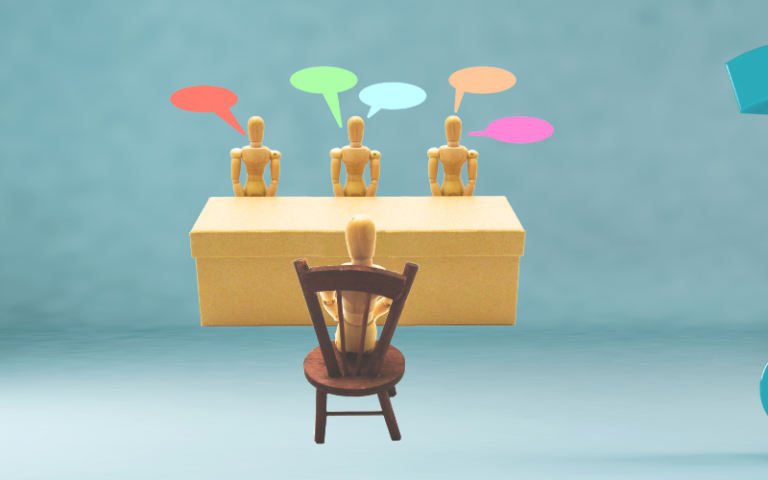Essential Workplace Etiquettes to be a Good Office Mate

Introduction:
In the dynamic and fast-paced environment of today’s workplaces, mastering the art of workplace etiquette is crucial for fostering positive relationships and ensuring a harmonious work environment. Being a good office mate not only contributes to your professional success but also enhances the overall productivity and morale of the team. In this article, we will explore key workplace etiquettes that can help you become a good office mate. Further, this article will also help you explore new techniques to enhance your respect in the workplace.
1. Respectful Communication:
Effective communication is the cornerstone of a successful workplace. Always communicate respectfully, whether it’s in person, via email, or through other channels. Pay attention to your tone, be mindful of cultural differences, and practice active listening. Avoid interrupting others, and wait for an appropriate time to share your thoughts. Clear and concise communication promotes understanding and minimizes misunderstandings.
2. Punctuality Matters:
Time is a valuable resource, and punctuality reflects your commitment to the team and the organization. Arrive on time for meetings and deadlines, and respect your colleagues’ time as well. If you’re running late, communicate it in advance and apologize for any inconvenience caused. Punctuality demonstrates professionalism and reliability.
3. Maintain a Clean and Organized Workspace:
Your workspace is a reflection of your work habits and professionalism. Keep your desk organized and clutter-free. A tidy workspace not only boosts your productivity but also contributes to a positive office environment. Respect shared spaces, and be mindful of the impact your workspace may have on your colleagues.
4. Mind Your Noise Levels:
In an open office or shared workspace, noise can be a significant distraction. Be aware of your surroundings and keep noise levels to a minimum. Use headphones when listening to music or taking calls, and avoid unnecessary loud conversations. Respect the need for a quiet and focused work atmosphere, especially in shared spaces.
5. Team Collaboration and Support:
Encourage a collaborative work environment by actively participating in team activities. Offer assistance when your colleagues need help and celebrate team achievements. Recognize and appreciate the contributions of others, fostering a sense of camaraderie. Collaboration builds a positive workplace culture and strengthens team bonds.
6. Be Mindful of Personal Boundaries:
Respect personal space and boundaries in the workplace. Avoid intrusive or overly personal questions, and be mindful of cultural differences that may affect personal interactions. Maintain a professional demeanour while being friendly and approachable. Creating a comfortable and respectful atmosphere helps everyone feel at ease.
7. Dress Professionally:
The way you present yourself contributes to the overall perception of the workplace. Dress appropriately for your role and industry, adhering to the organization’s dress code. A professional appearance not only demonstrates your commitment but also sets a positive tone for the entire workplace.
Conclusion:
Mastering workplace etiquette is a continuous process that requires self-awareness, adaptability, and a genuine commitment to fostering positive relationships. By incorporating these etiquettes into your daily work routine, you not only enhance your professional image but also contribute to a thriving and collaborative work environment. Becoming the ideal office mate is not only about individual success but about creating a workplace where everyone can flourish and succeed together.





